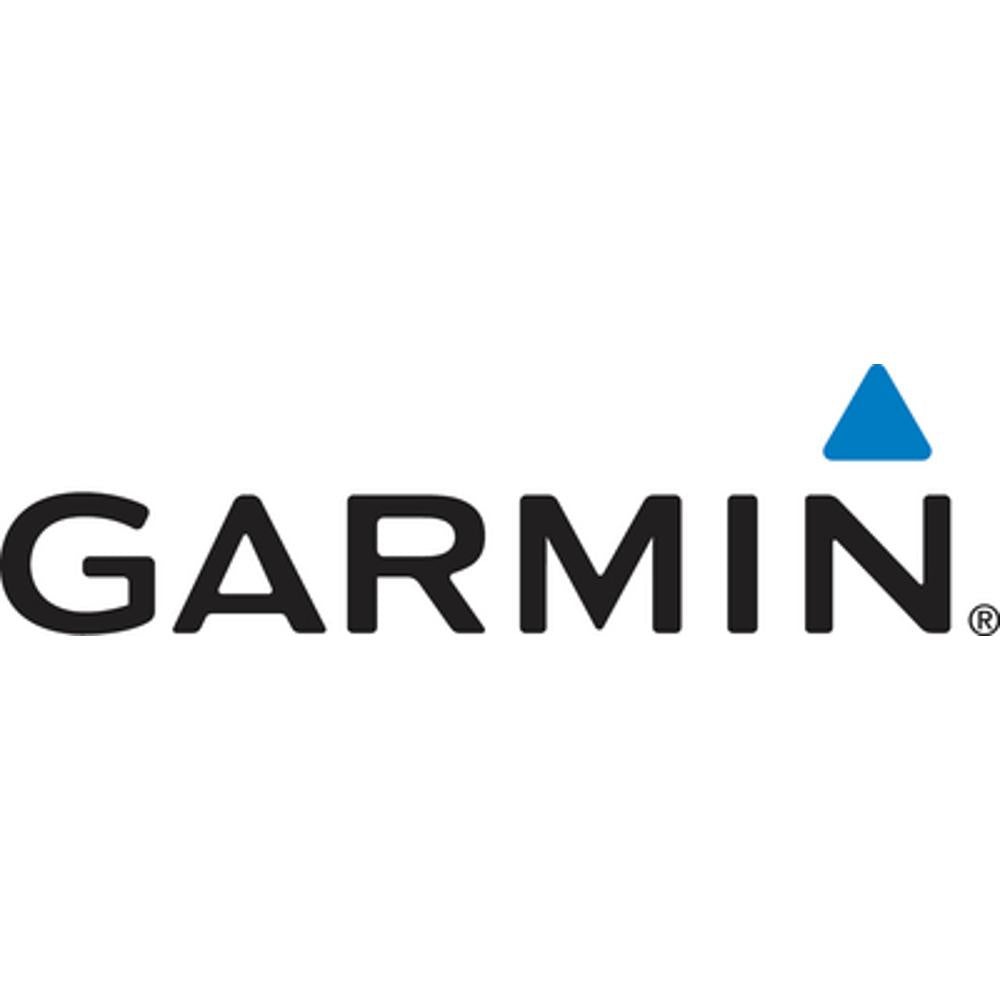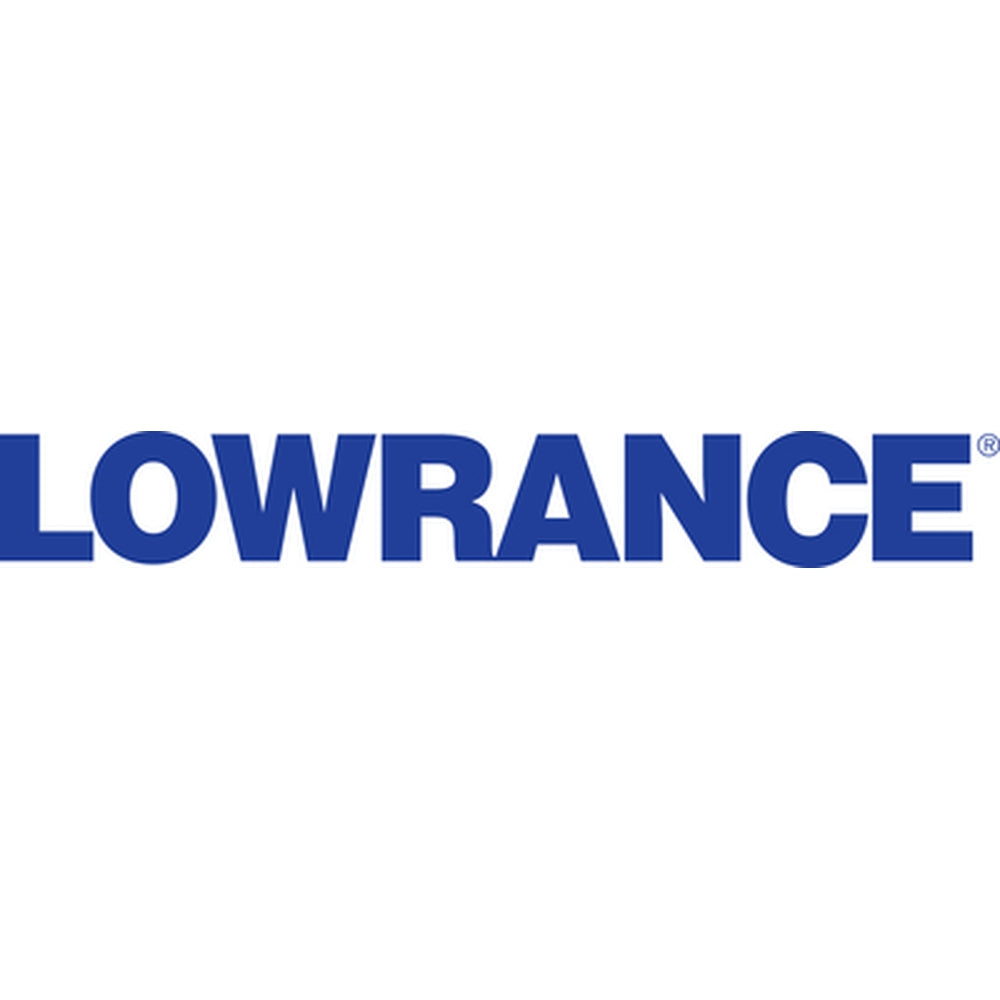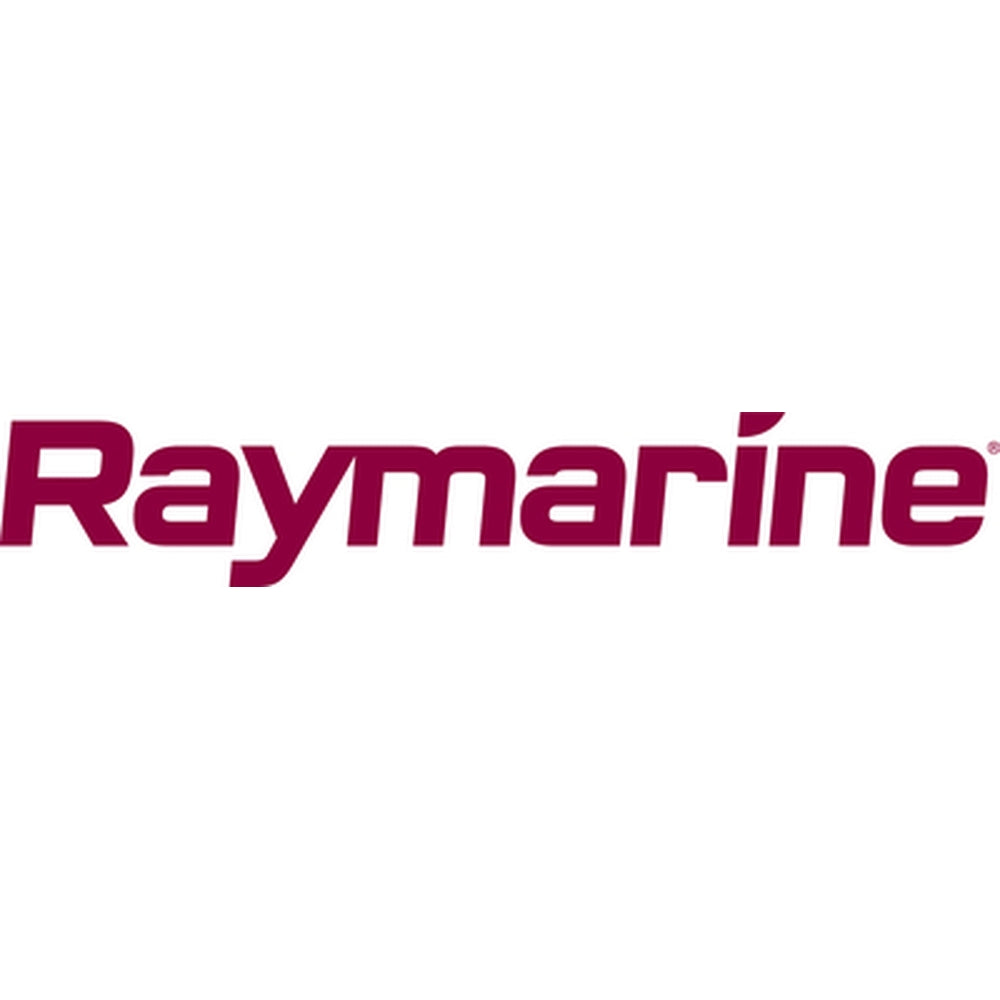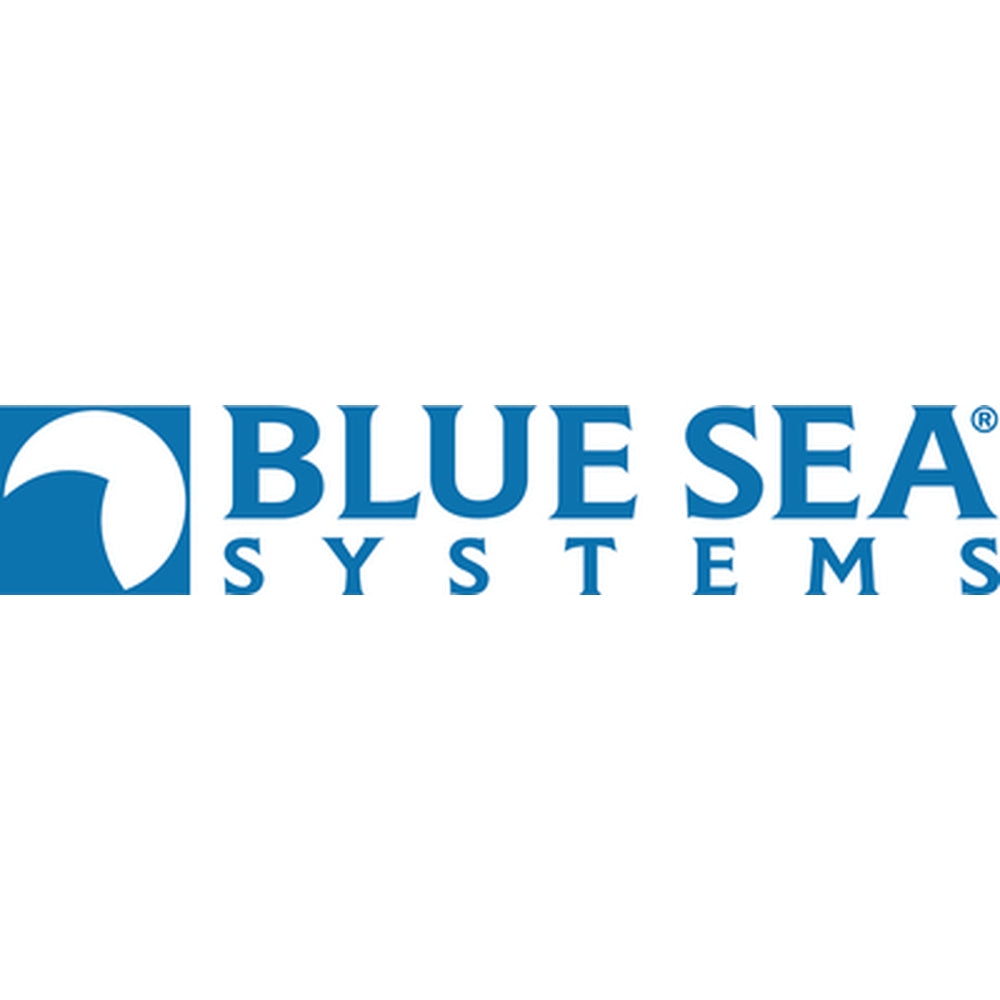A Comprehensive Guide to Boat Propellers and Outboard Motor Repair
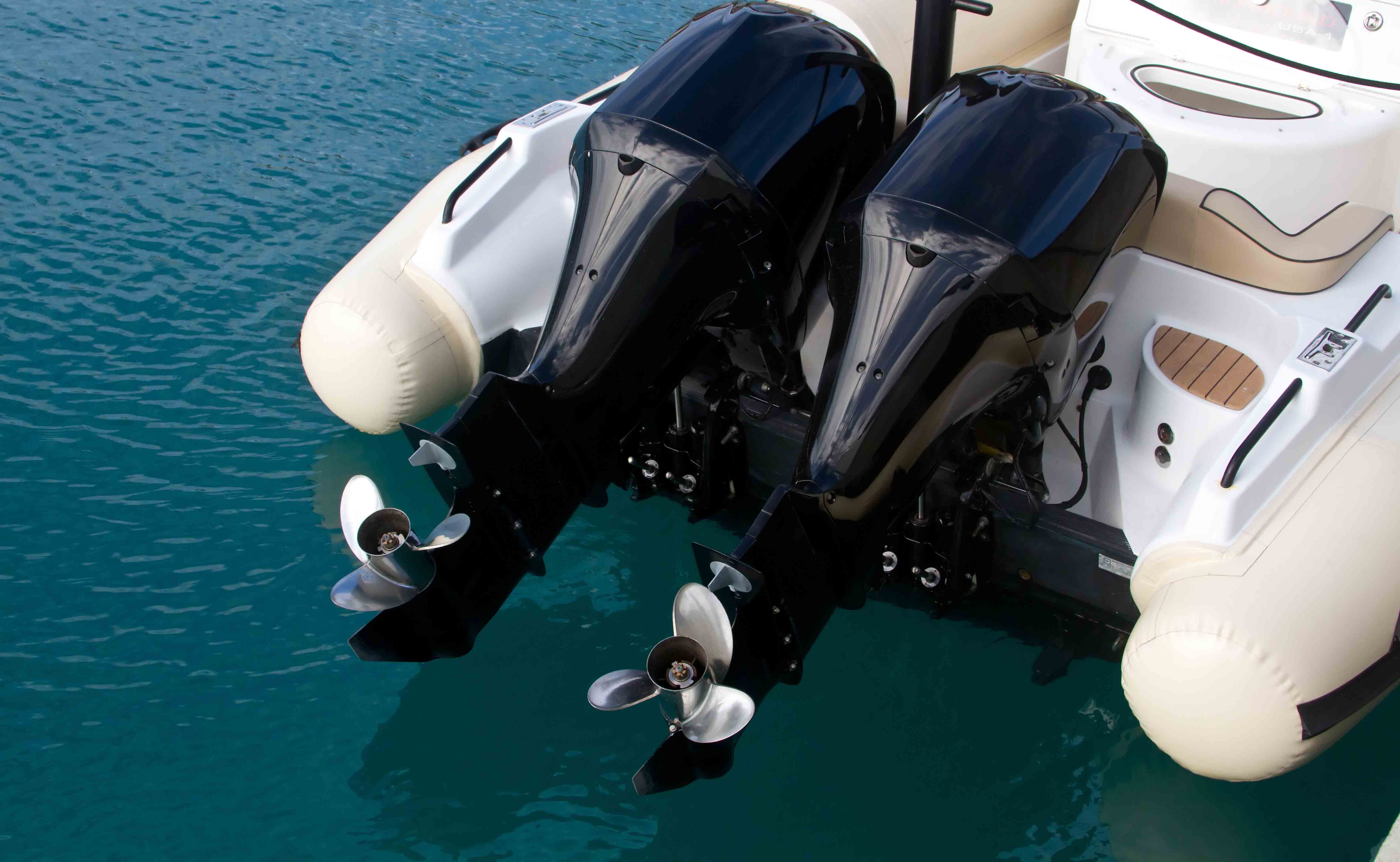
Understanding the importance of boat propellers and how to maintain them is crucial for any boat owner. Propellers, often overlooked, play a pivotal role in the operation of your boat. This guide focuses on the vital role of propellers in outboard motors, signs of propeller damage, choosing the right propeller, and basic outboard motor repair.
The Pivotal Role of Propellers in Your Outboard Motor
Propellers are an integral part of your outboard motor. They convert the power from the engine into thrust, pushing the boat through the water. The performance and efficiency of your boat are directly influenced by the condition and match of your propeller. A damaged or improperly matched propeller can lead to higher fuel consumption, poor handling, and unnecessary stress on the engine.
Identifying Signs of Propeller Damage
Your propeller operates in harsh conditions and is subject to considerable wear and tear. While some damage may be visible on casual inspection, other types can be harder to spot. Knowing what to look for is key in maintaining your propeller's performance and the overall health of your outboard motor.
Visible Damage
Begin by visually inspecting your propeller regularly for obvious signs of damage. Dents, nicks, or bent blades can disrupt the propeller's balance and cause your boat to vibrate, leading to inefficient operation and potential engine damage over time. Any visible cracks, especially on the blade edges or hub, can be a sign of serious damage, and you should replace your propeller immediately if you see these.
Corrosion and Cavitation
Inspect the surface of your propeller for signs of corrosion or cavitation. Corrosion appears as pitting or flaking of the blade surface and can weaken your propeller over time. Cavitation — caused by the formation and implosion of bubbles on the blade surface — leaves a similar pitting appearance, but it's more erosive and can cause significant damage if not addressed.
Performance Issues
Performance issues can also signal propeller damage. If your boat is slower to accelerate, struggles to reach its top speed, or uses fuel more quickly than usual, it's possible your propeller is damaged or not functioning optimally. Similarly, if your boat vibrates excessively or is hard to steer, the propeller could be the issue.
Being aware of these signs can help you identify when your propeller may be in need of repair or replacement, maintaining your outboard motor's performance and extending its lifespan. If you're unsure about the state of your propeller, consider seeking professional help.
Choosing the Right Propeller
The propeller is the critical component that propels your boat forward. Understanding how it works and how to choose the right one for your boat is essential for optimal performance.
Importance of the Right Propeller
A propeller's efficiency directly impacts your boat's speed, handling, and fuel economy. The right propeller can make your boat more responsive and more efficient, providing better overall performance.
Identifying the Right Propeller
There are several factors to consider when choosing a propeller:
- Material: Propellers can be made from various materials, including aluminum and stainless steel. Aluminum is more cost-effective and ideal for smaller engines, while stainless steel is stronger and better for high-performance applications.
- Size: The size of the propeller, including the diameter and pitch, impacts how well your boat performs. A larger diameter propeller will move more water, providing more thrust, while a higher pitch will move the boat further with each revolution but requires more power.
- Number of blades: Most propellers have three or four blades. Three-blade propellers are common and provide good overall performance, while four-blade propellers offer better acceleration and efficiency at low speeds.
Replacing the Propeller
If you notice your boat's performance declining, it may be time to replace the propeller. Signs to look out for include vibration, loss of speed, decreased fuel efficiency, and visible damage to the propeller blades.
Replacing a propeller can be a DIY job if you're comfortable with basic boat maintenance tasks. It involves removing the old propeller, checking and cleaning the propeller shaft, and then installing the new propeller.
Remember that if you're unsure or uncomfortable performing these tasks, it's always best to seek help from a professional.
Understanding the Basics of Outboard Motor Repair
While the propeller is a crucial component, it's only one part of your outboard motor. Understanding basic outboard motor repair and maintenance can help increase the longevity and performance of your boat. Knowing how to replace parts, like spark plugs, fuel filters, and water pump impellers, can be beneficial. Additionally, routine maintenance such as changing the oil, inspecting the belts, and flushing the engine after each use can go a long way in prolonging your motor's lifespan.
Recognizing When to Seek Professional Help
While many minor repairs, including propeller replacement, can be done on your own, there are times when professional help might be necessary. For instance, if your engine is overheating, fails to start, or is producing unusual noises or vibrations, you should seek professional assistance. More complicated repairs involving the engine's internal components typically require the expertise of a trained mechanic.
If you need a new propeller or other boating equipment, feel free to explore our collection at Atlantis Showroom. We offer a variety of high-quality propellers suitable for different types of outboard motors. Understanding the role of the propeller and the basics of outboard motor repair will ensure many more years of enjoyable and safe boating. Visit our website today!
- Choosing a selection results in a full page refresh.

